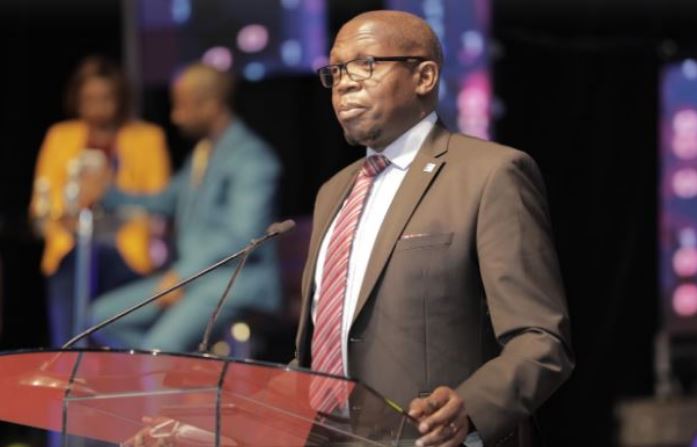×
The Standard e-Paper
Join Thousands Daily

After four years, Homeboyz Entertainment seems to have ended the listing drought at the Nairobi Securities Exchange (NSE), becoming the first entertainment firm to join the bourse.
The listing by way of introduction came through the Growth Enterprise Market Segment (Gems).